Scientific Team
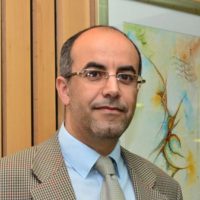
Professor Azzouz
Chair of Translational Neuroscience, ERC Advanced Investigator, Director of Research and Innovation - University of Sheffield Department of Neuroscience.
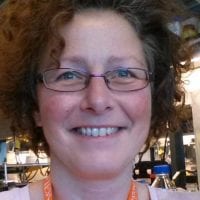
Doctor Jennifer Hirst
Principal Research Associate, Robinson Labs, Cambridge Institute for Medical Research
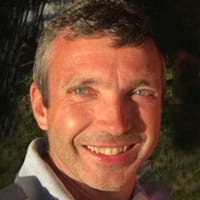
Professor Giovanni Stevanin
Institut du Cerveau et de la Moelle Epinière (Brain and Spine Institute), Paris
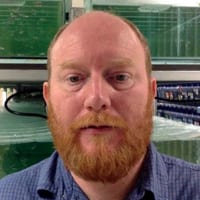
Dr Andrew Grierson
Sheffield Institute for Translational Neuroscience University of Sheffield, UK
Medical Advisors
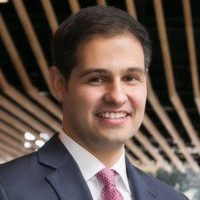
Dr Darius Ebrahimi-Fakhari
Child neurologist in the Department of Neurology and a scientist at the F.M. Kirby Neurobiology Center at Boston Children’s Hospital and Harvard Medical School
Dr Darius Ebrahimi-Fakhari is a physician-scientist and the objective of his research is to understand the genetic and molecular mechanisms of protein trafficking and the autophagy-lysosomal pathway in neurons, and to use this knowledge to develop novel therapeutic approaches to treat neurological diseases.
Dr. Ebrahimi-Fakhari’s research interests cover childhood-onset neurogenetic, neurodegenerative, and movement disorders. He leads a translational research program that aims to discover novel therapies for childhood-onset forms of hereditary spastic paraplegia and disorders related to the autophagy pathway. Current work covers gene discovery, natural history studies, disease modeling in iPSC-derived neurons and zebrafish, and high-throughput small molecule screens.
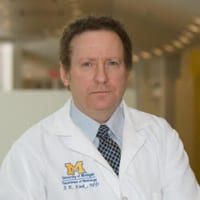
Professor John Fink
Professor in the Department of Neurology and Director of Neurogentic Disorders Program at the University of Michigan.
Professor Fink is committed to finding the causes and developing treatments for Hereditary Spastic Paraplegias. John is the one of the world leaders in HSP.
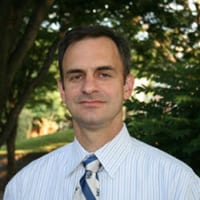
Dr Craig Blackstone
Senior Investigator, Cell biology section at the National Institute of Neurological disorders and strokes.
Dr Blackstone’s laboratory investigates the cellular and molecular mechanisms underlying hereditary movement disorders. Craig is one of the most prominent HSP researchers in the world.
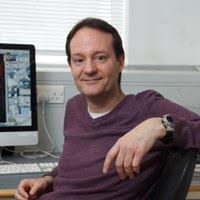
Dr Evan Reid
Medical Genetics and Principal Investigator, Cambridge Institute of medical research
Dr Reid’s Lab studies are focusing on understanding the molecular pathology of the hereditary Spastic Paraplegias.

Professor Henry Houlden
Professor of Neurology, Faculty of Brain sciences, National Hospital of Neurology, Queens Square, London
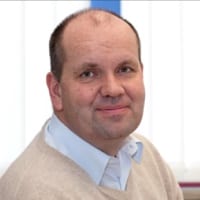
Professor Jürgen Winkler, M.D
(Professor of Neurology and Head) University Hospital Erlangen, Germany
- Bavarian Research Network “Induced Pluripotent Stem Cells (For IPS)”, Speaker
- Speaker of the Department of Neurosciences, University Hospital Erlangen
- Scientific advisor for the German Bundestag with focus on stem cell technology
Main focus of research
- Clinical Neurosciences
- Head of Movement Disorder Center (i.e. Parkinson disease, Huntington disease, hereditary spastic paraplegia)
- Neurogenetics or rare neurological
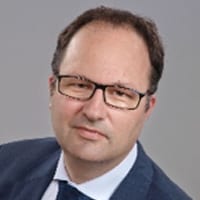
Professor Dr Stephan Klebe
University Hospital Essen, Germany
Movement Disorders, Hereditary Spastic Paraplegia, Neurogenetics
Executive senior consultant and lecturer Dept. of Neurology at University Hospital of Essen, Germany

Dr Channa Hewamadduma
Consultant Neurologist and Senior Lecturer at Sheffield University
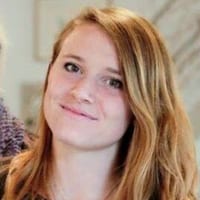
Michaela Hörner
University Hospital Würzburg, Germany
Since Aug’ 2018 Doctoral student in the laboratory of Prof. Dr. Rudolf Martini in Neuroscience, Developmental Neurobiology, Department of Neurology.
Research interests – Secondary neuroinflammation as disease amplifier in genetically-mediated diseases of the central and peripheral nervous system.
Trustees

Carina Thurgood
Founder, CEO & Maddi’s Mum
There is no other charity out there funding research for a cure into Spastic Paraplegia Gene 15. I realised that our only hope was to start one ourselves to help raise the profile and awareness into this rare disease.
I gave up working in the florist industry to set up The Maddi Foundation with my other daughter Alexandra.

Alexandra Thurgood
Co Founder, Trustee & Maddi’s sister

Victoria Bissett
Trustee

Harry Thurgood
Trustee & Maddi’s Brother
I am the director of an electrical company based in Essex, UK.
